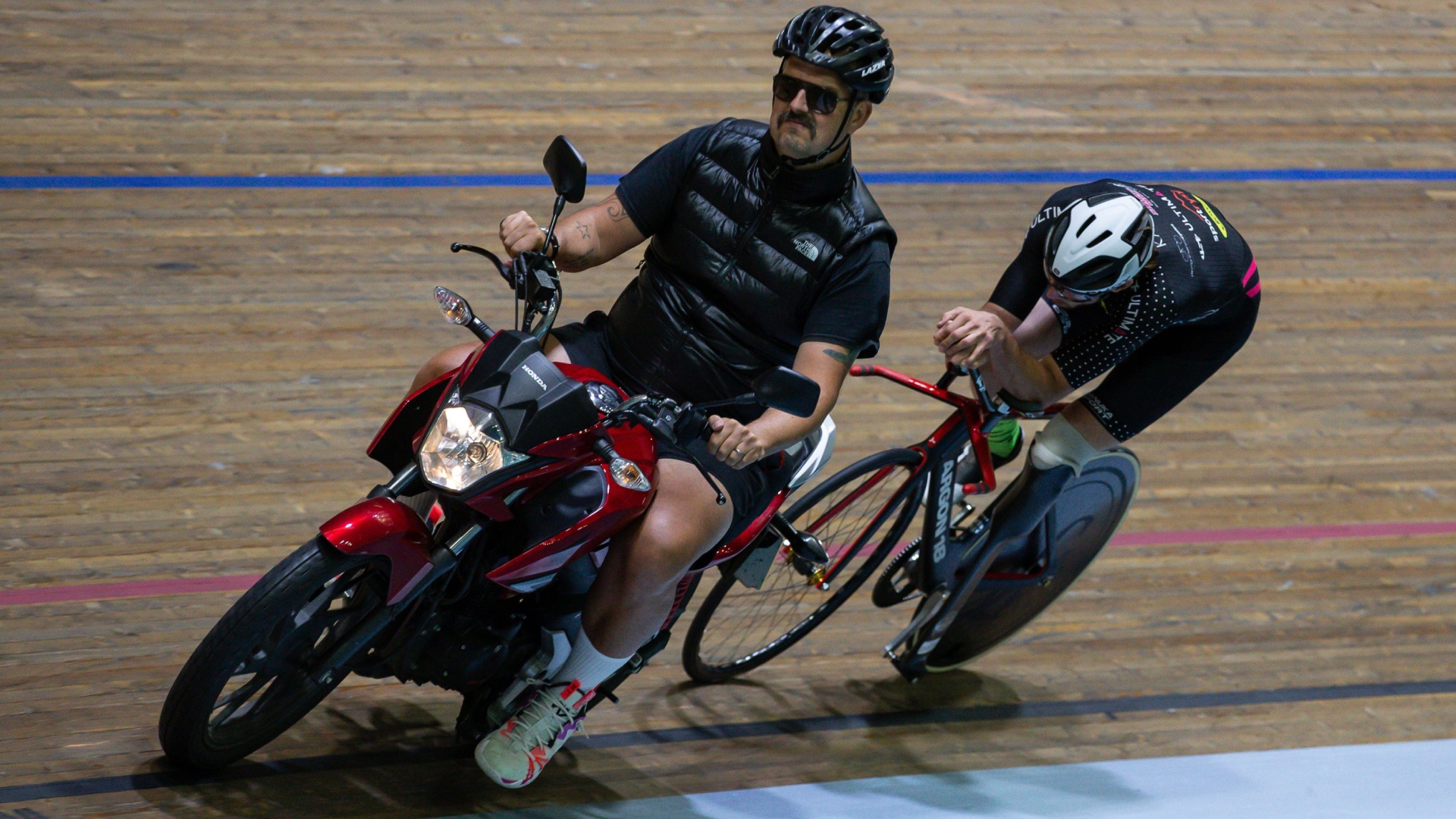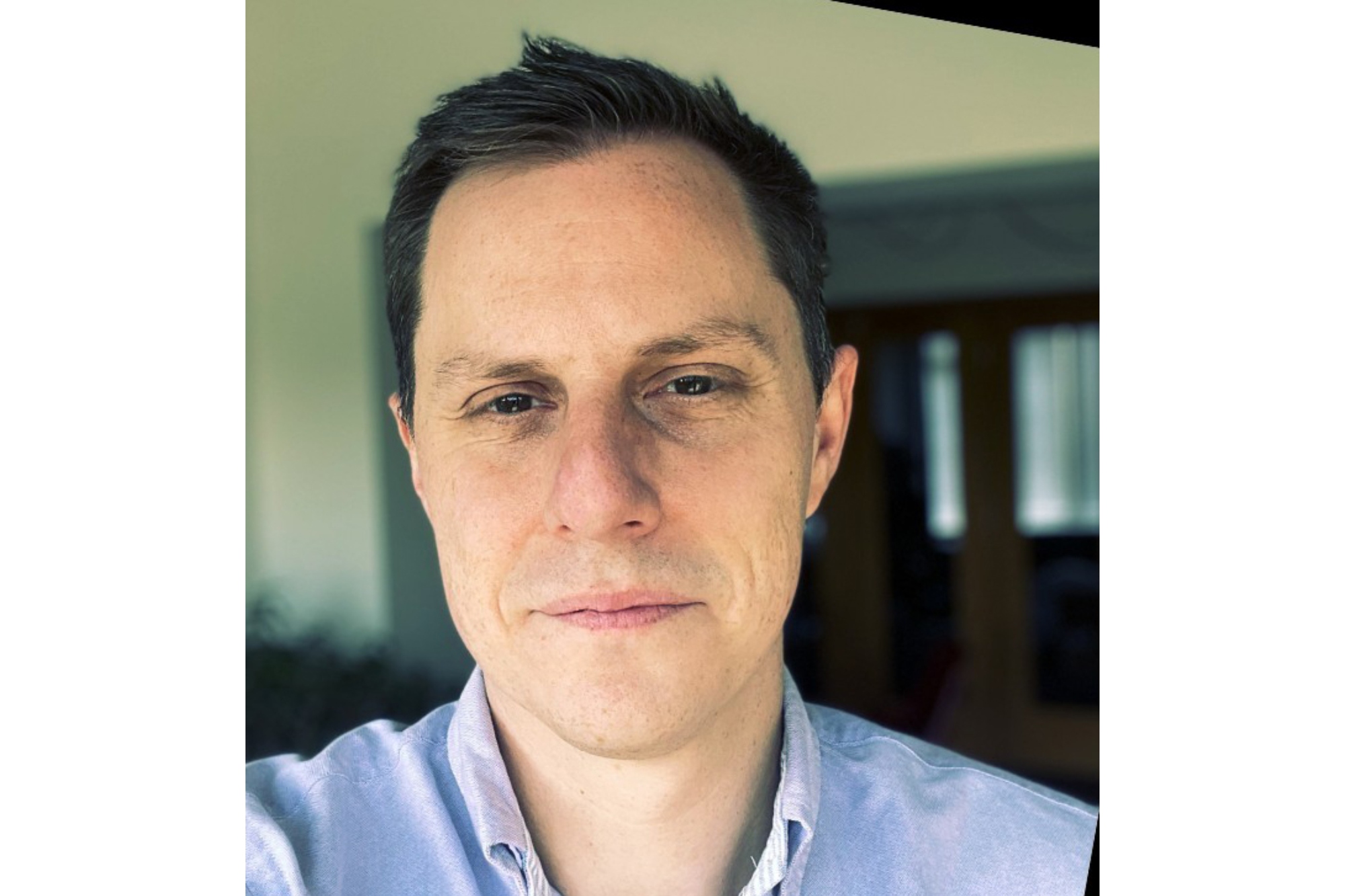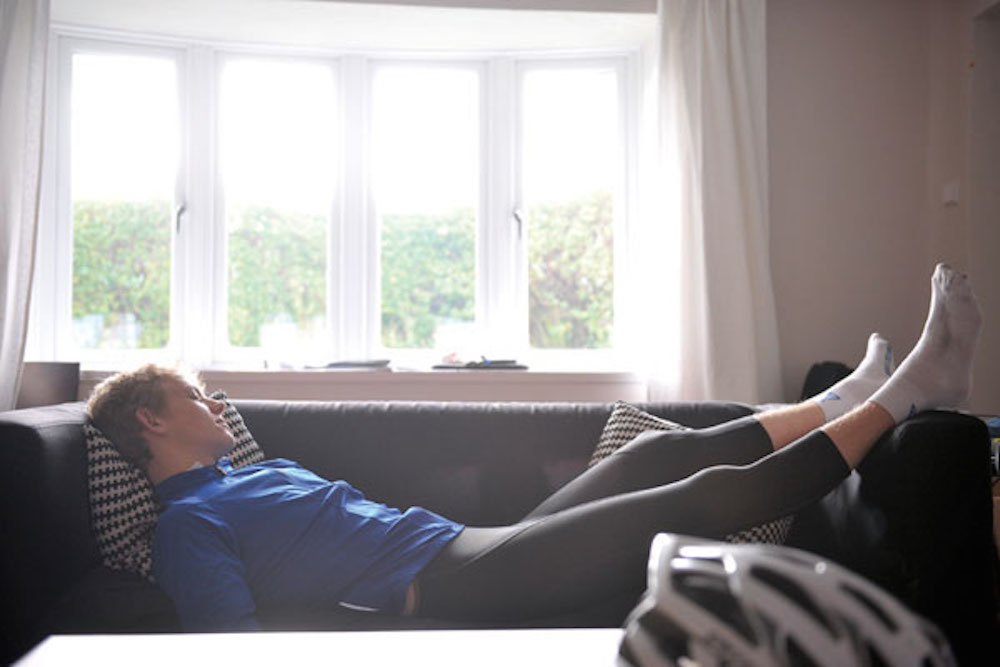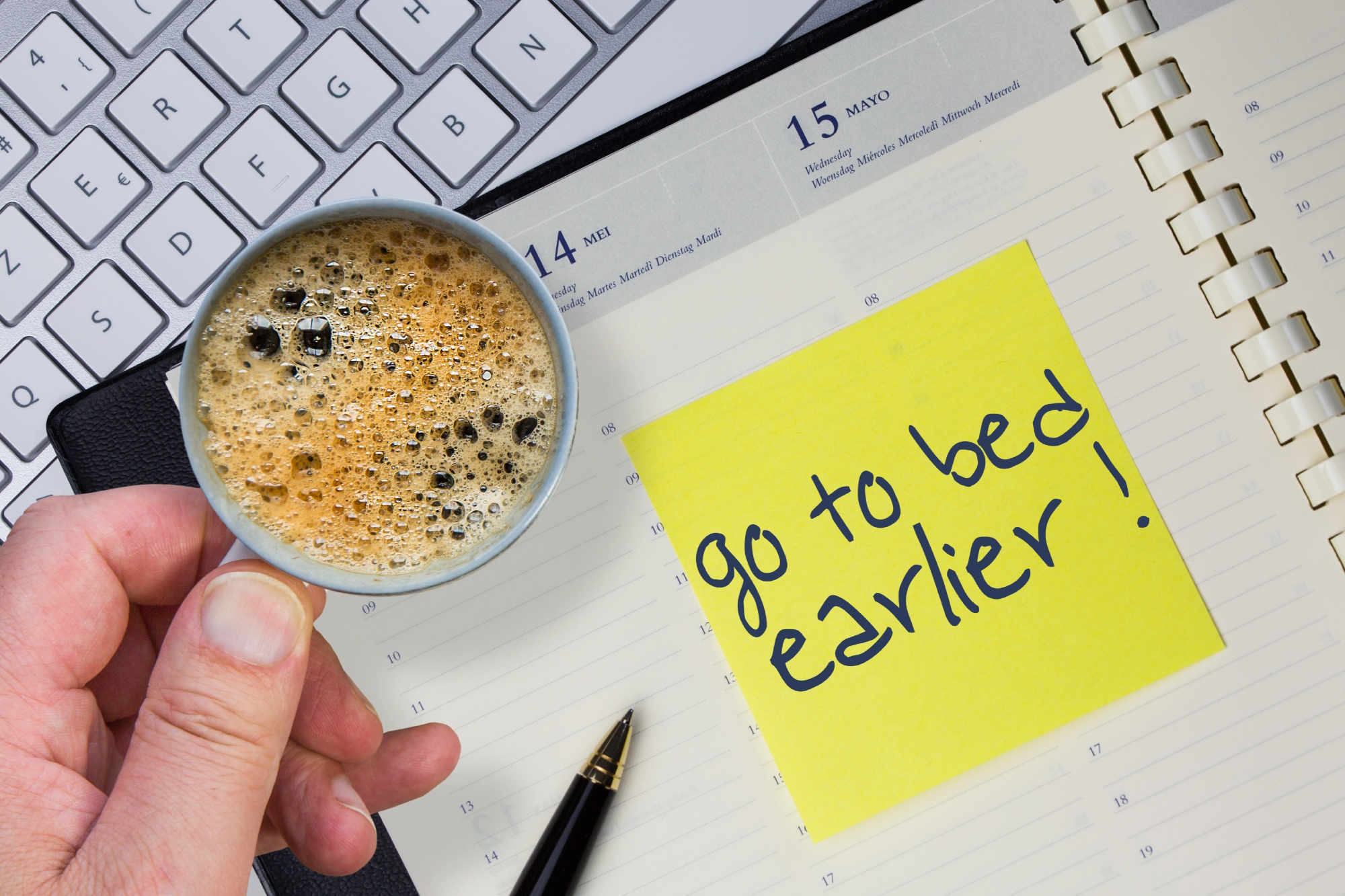
Most of us have busy lives, packing in cycling alongside work, family commitments and more - making 'quick wins' extremely inviting. But, do they work? In our weekly series we speak to cyclists of all kinds, to find out what one change they've made that's helped to make them a better bike rider - and ask - will it work for you?
Kyleigh Manners is owner and head coach of 42 Degrees Coaching, supporting a huge range of riders from total novice right up to world class performance cyclists, specialising in track cycling.
Over the past decade he has guided riders, including Slovak Cycling's Jozef Metelka, to a healthy medal haul over two Paralympics, including three gold, two silver and one bronze medal. His total podium tally is impressive and includes 29 medals, and a whopping 396 British National Track Championship podiums, 164 of them gold.
Based in Newport, South Wales, Manners sits on the Track Cycling Commission for British Cycling, is Head of the Welsh Cycling Track Commission, and still finds time work with national governing bodies to secure pathways to Olympic qualifications.
According to Manners however, he's biggest passion is simply getting the best out of every rider and he works with, from total novice to cycling superstar.
Asked for his tip on the one thing that could help athletes of all kind supercharge their training, Manners' response is simple, and free: sleep.
Just one small change: go to bed on time
"Everyone can set an early alarm, not everyone can go to bed on time and prioritise their recovery," states Manners. Talking specifically about cycling and his role as a coach he says: "One thing I like riders to focus on is the importance of rest and being quite selfish when training hard.
"Imagine the self control and discipline required to say 'No, I can't do that as it's too late for me and I need to be in bed by then. Can we move it to earlier or another day?'"
When drilling down further on to the impact having early nights can make on a cyclist’s performance Manners confirms that he finds it quite hard for athletes to over train, but very easy for them to under recover.
"For this reason you need to treat rest and recovery as important as your workload and training schedule," says Manners, adding the warning that it can be tempting to think you can buy yourself recovery, but that actually the best recovery tool doesn't come with a price tag.
There's an industry dedicated to helping you to recover - but the best 'treatment' is free
"There's an industry dedicated to helping you to recover better faster and smarter," he tells me, alluding to the overwhelming array of widgets, nutritional supplements, therapy treatments that most sports retailers market as the best way to ensure peak performance.
"But simply put," says Manners "if you sleep and or nap enough, your body will do it for free," before concluding his sage advice with the wisdom that it's simply a case of "taking care of the basics and add to them when you do them well" to ensure peak performance.

The expert's view
Wanting to unpick exactly why sleep is important when it comes to performance, I got in touch with Sleepstation sleep Coach, Alasdair Graham.
Graham works directly with sleep coaches, doctors and sleep experts in a digital sleep clinic to lift the lid on the science behind getting an early night.
"Sleep provides an important foundation for athletic and sporting performance" says Graham, before adding, ironically, "that it's probably the pressures of competition, early morning training regimes, and training too close to bedtime that mean athletes and sports enthusiasts alike are at high risk of insufficient sleep duration, poor sleep quality, daytime sleepiness and fatigue, suboptimal sleep schedules - for example, too early or late - irregular sleep schedules, and sleep and circadian disorders.
When thinking specifically about the impact to cycling, Graham says that "sleep loss and/or poor sleep quality can impair muscular strength, speed, and other aspects of physical performance."
While it's no surprise that sleep deprivation leads to poor performance and reduced motivation, it's fascinating to learn from Graham that, according to research, not enough sleep also reduces arousal levels, and cause "reduced cognitive processes leading to poor attention, concentration and heightened levels of perceived exertion and pain perception."

• Make sleep a priority in the training schedule
• Increase sleep time several weeks before a major
competition
• Go to bed and wake up at the same times every day
• Take daily naps if you don't get enough sleep each night
What is most alarming however, is that "sleep issues can also increase risk of concussions and other injuries and impair recovery following injury."
I knew sleep was really important, but this insight is quite chilling.
"Sleep is intrinsically linked to recovery following training or an event and should be a staple consideration of your lifestyle as well as any training plans," Graham says.
"According to one study, just a single night of sleep deprivation decreased endurance performance along with limited effect on pacing, cardio-respiratory or thermoregulatory function.
"Researchers also speculate that deep sleep helps improve athletic performance because this is the time when growth hormone is released. Growth hormone stimulates muscle growth and repair, bone building and fat burning, and helps athletes recover. Studies show that sleep deprivation slows the release of growth hormone".
"Finally" says Graham, adding yet more evidence as to why you should adopt the early night routine in to your life, "sleep loss can impede the repletion of muscle glycogen (a fuel your muscles use to function) and could be linked to declines in performance."
If like me alarm bells are now ringing, and you're panicking about how to know how much sleep and rest to aim for, Graham steps in again with some much needed pragmatic advice to assist.
"Individual sleep need is like height" Graham tells me "we are all different and it is, to a large degree, genetically determined.
"Anywhere between four and eleven hours can be considered normal but getting just one hour less sleep a night than you require can have measurable effects on your physical and mental wellbeing.
"Your personal sleep need is essentially the amount of sleep that allows you to feel awake, alert and refreshed during the following day.
"Very simply if you feel sleepy during the day then you are probably not, for whatever reason, getting the sleep you need during the night."

According to SleepStation experts, the best way to harness quality and the right quantity of sleep you should aim for:
• A sleep-promoting environment (dark, moderate temperature, quiet, well-ventilated)
• Quiet mind and relaxed body
• Strong mental association between sleep & bed
• Fix a regular wake time
• No direct efforts toward sleep - the more you chase sleep, the less likely you are to get it! Listening to 'Sleep Stories' to drift off works for some people who struggle.
This makes a lot of sense to me and explains why living with someone who can survive on between four and six hours most nights - when I find I need at least seven to function - means trying to stay up and be sociable of an evening is exhausting.
Graham confirms my instincts and explains why the sleep situation at home can often be a moot point, when you both have incredibly different sleep requirements.
“If you only need four hours sleep a night to feel at your best during the day, attempting to get eight hours means that you are trying to get something you don’t need and can’t get any way.
"If you need 11 hours to be at your best, cutting your sleep down to 8 hours, because this is what is ‘recommended’, just means you will be sleep deprived"!
Our view
Manners' early to bed advice will be the vital part in the jigsaw for some peoples cycling performance, and while he calls having an early night a 'selfish' pursuit, I'm realising now how vital this could be for me personally.
The importance of sleep has long been known, Graham's research sharing has provided a lot of compelling evidence as to why it can impact so much.
I feel like I've finally got permission to accept my genetics and not be ashamed needed at least eight hours sleep a night in order to function and feel refreshed and ready for the next day.







